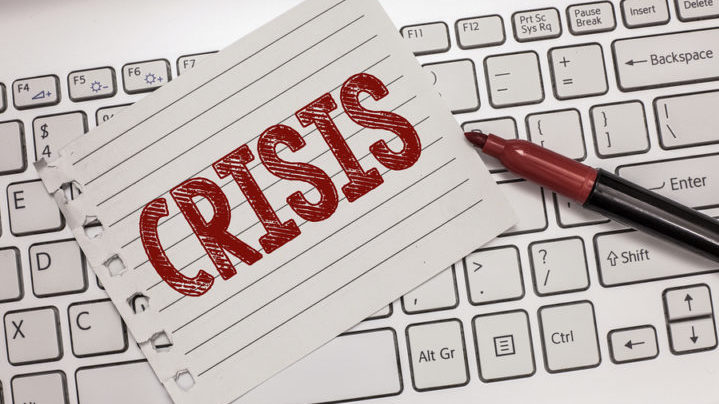Here’s hoping you’re not reading this whilst in the middle of a social media crisis, as it’s the worst possible time to plan for one! As with anything, pre-planning is the key to navigating successfully through any scenario.
A social media crisis can happen at any time. When you’re connected to a community of people with different backgrounds, stories, and opinions, literally anything can happen on social media, so it’s important that you’re ready for it.
But what do we consider a social media crisis? It’s an event that can have a negative impact on someone’s or a company’s reputation. It doesn’t need to begin online; it can also be something that happened offline, and people started talking about it on social media.
Scandalous or embarrassing photos, rumours, inappropriate posts, and controversial statements made in the past and are brought up again are examples. It can also be something that happened to a company’s employee (even if the company itself was not involved), which can still affect the company negatively. Bad reviews, no matter the magnitude, are not considered a crisis.
You need to identify what constitutes a social media crisis, and there are three ways how.
1. It can potentially have a material impact on the company overall.
2. It could affect more than just your company.
3. It’s a change from the norm.
Once you have identified events that could potentially turn into social media crises, here are five simple steps to help you plan ahead:
Set up listening tools
Keeping on top of the mentions puts you ahead of the curve. It’s easier to do damage control when you know when and where they are happening. Google Alerts is a great one, you can set it up to send you alerts for certain keywords, including mentions of your company or brand name.
Create communication guidelines
Delegate someone to take the communication lead. Don’t delete negative comments, as it can just fan the flames or be interpreted as avoiding the issue. Instead, have some form of standard communication to respond to them. Engage with users, but don’t argue with them. It’s important to show that you are on top of things and handling the situation properly.
Pause all social media
Stop all scheduled posts. You don’t want anything to be published before you can acknowledge the issue at hand. Even if it’s just a warning sign of a potential crisis, halt scheduled outgoing posts to all your channels as early as possible and shift to monitoring mode only.
Acknowledge the issue
Ignoring the issue and pretending it doesn’t exist will just make everything worse, especially if the majority of commenters on your channels are talking about it. Don’t lose their trust and your integrity as well! Just acknowledge that there is an issue and you are aware of it. And always respond first on the social media platform where it happened.
Learn from it
Of course, make sure this doesn’t happen again. Going through a crisis sucks, but it is a learning experience. Document all comments and posts pertaining to the issue, and collate and review them all to see where you went wrong and what can be improved on.
Dealing with a crisis publicly can put a lot of pressure on the company. Therefore, it needs a deliberate and thoughtful response and damage control. Take responsibility and communicate appropriately. But most importantly, never lose hope and know that you can rise from this as long as you are prepared.
Megan Del Borrello, Founder and Chief Marketer, Gloss Marketing Communications












